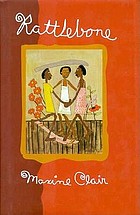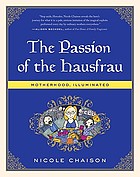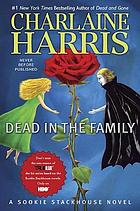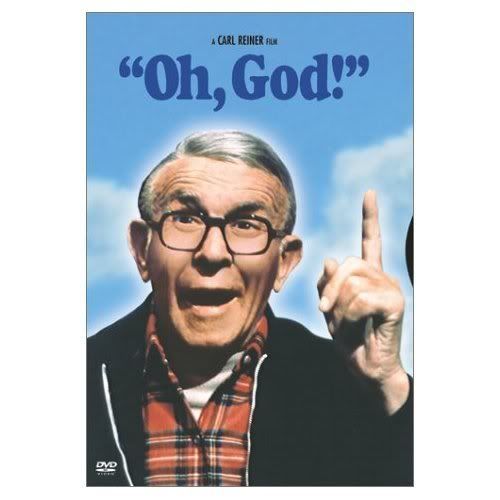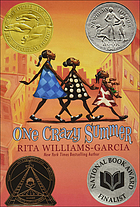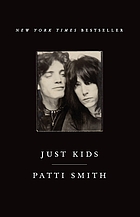Rattlebone
This is one of those not-a-novel novels: connected short stories told in multiple voices. The central character is Irene Wilson, a contemplative African-American coming of age in a negro area in Kansas City, Kansas around the same time someone named Brown was fixing to sue the Board of Education. I was dazzled by the first story, told in the first person by Irene, which takes place when she is in elementary school. The language is stylish and layered, and the characters deep and nuanced. I wish all of the stories had been by and about Irene, but the multiple voices are tolerable because it's not strictly a novel.
